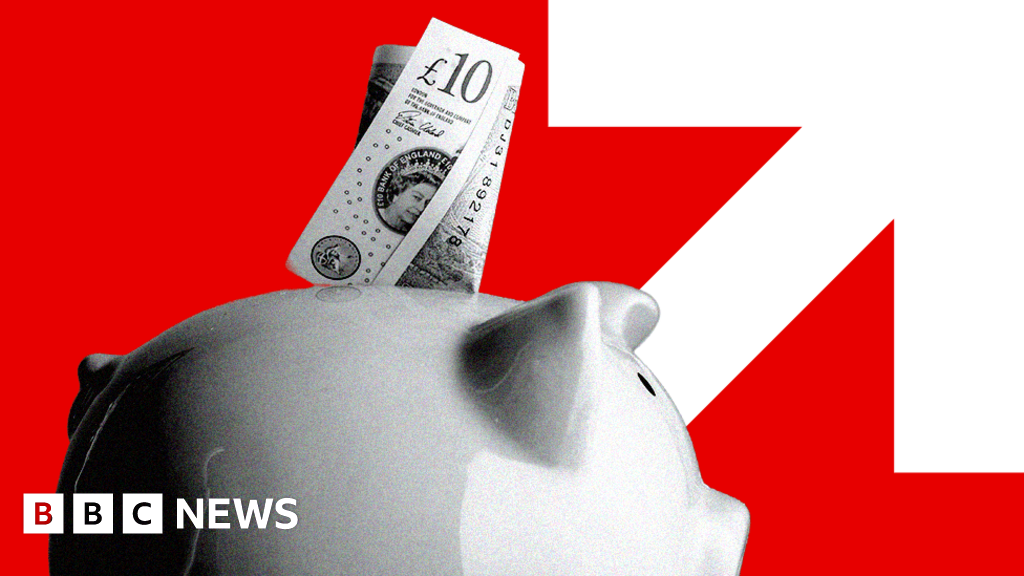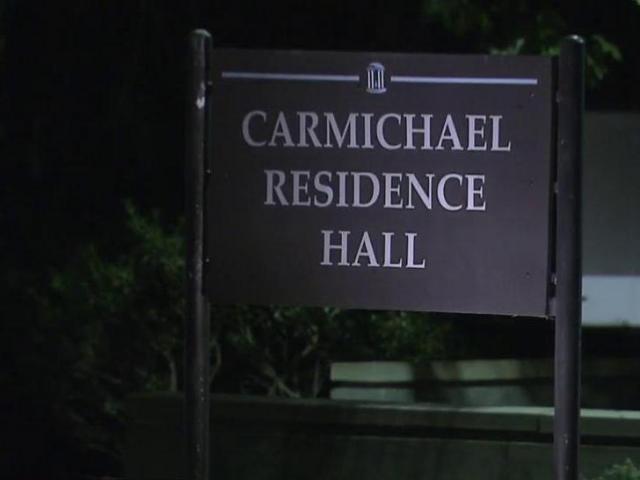Saving money may feel like a pipe dream when bills and the cost of essentials, such as food, are rising fast.
But financial experts say it is crucial to put some money aside for emergencies.
And the interest being paid on some savings accounts now is better than anything seen for 15 years, so it will pay to spend some time putting your money in the correct place.
And the interest being paid on some savings accounts now is better than anything seen for 15 years, so it will pay to spend some time putting your money in the correct place.
The benchmark interest rate set by the Bank of England has been rising consistently for nearly two years, and may now have peaked. The cost of living has also been going up, with prices rising at a rate still well above target.
That means two things for any money we have set aside.
Firstly, the returns (or interest) being offered on savings accounts has improved, although borrowing is more expensive. For example, you may find an account paying 5% a year, so £1,000 saved for a year will earn £50 in interest. Save for lots of years, and that lump sum keeps building under what is known as compound interest.
Secondly, the buying power of the money we do have saved is being diluted by rising prices.
Bank of England figures show that there is £268bn in non-interest paying accounts – which are primarily current accounts.
Saving money may feel like a pipe dream when bills and the cost of essentials, such as food, are rising fast.
And the interest being paid on some savings accounts now is better than anything seen for 15 years, so it will pay to spend some time putting your money in the correct place.
But financial experts say it is crucial to put some money aside for emergencies.
The benchmark interest rate set by the Bank of England has been rising consistently for nearly two years, and may now have peaked. The cost of living has also been going up, with prices rising at a rate still well above target.
And the interest being paid on some savings accounts now is better than anything seen for 15 years, so it will pay to spend some time putting your money in the correct place.
And the interest being paid on some savings accounts now is better than anything seen for 15 years, so it will pay to spend some time putting your money in the correct place.
The benchmark interest rate set by the Bank of England has been rising consistently for nearly two years, and may now have peaked. The cost of living has also been going up, with prices rising at a rate still well above target.
That means two things for any money we have set aside.
Firstly, the returns (or interest) being offered on savings accounts has improved, although borrowing is more expensive. For example, you may find an account paying 5% a year, so £1,000 saved for a year will earn £50 in interest. Save for lots of years, and that lump sum keeps building under what is known as compound interest.
Secondly, the buying power of the money we do have saved is being diluted by rising prices.
Bank of England figures show that there is £268bn in non-interest paying accounts – which are primarily current accounts.
#save #money #budget #tight
Note:- (Not all news on the site expresses the point of view of the site, but we transmit this news automatically and translate it through programmatic technology on the site and not from a human editor. The content is auto-generated from a syndicated feed.))



